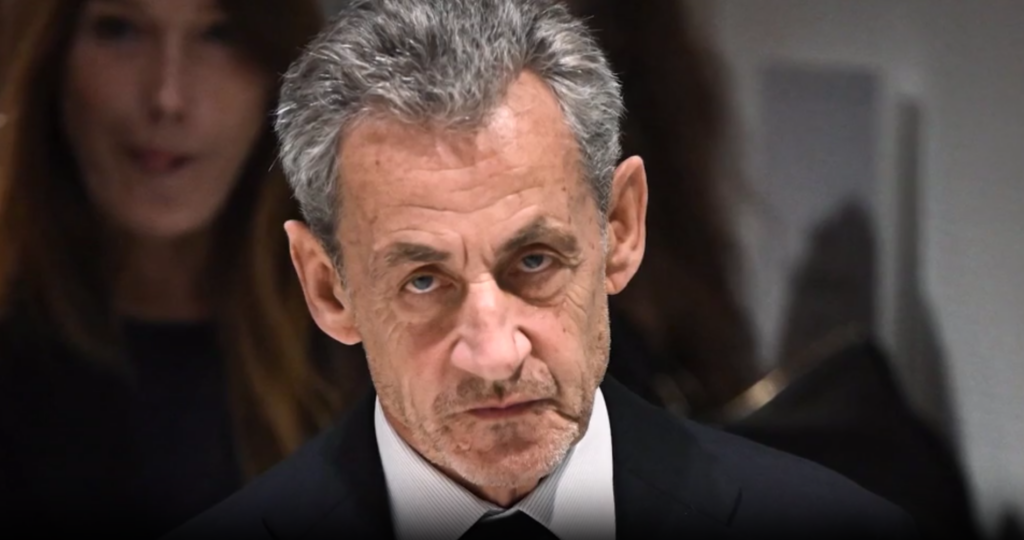Nicolas Sarkozy, former president of France, has begun serving a five-year prison sentence following his conviction for criminal conspiracy. The charges stemmed from his involvement in securing election campaign funds from the regime of Libyan leader Muammar Gaddafi during his 2007 presidential campaign. Sarkozy, who served as president from 2007 to 2012, is the first former leader of an EU country to be incarcerated, marking a historic moment in French political history.
The court’s decision came after a lengthy trial, during which Sarkozy was accused of engaging in a corrupt agreement with the Libyan government to obtain illegal funding. Despite denying the charges and maintaining his innocence, Sarkozy was convicted of criminal conspiracy, while being acquitted of other allegations related to corruption, misuse of public funds, and illegal campaign financing. He has appealed the decision, and a new trial is expected in the coming months. However, the nature of his sentence requires him to serve time in prison while the appeal process unfolds.
Sarkozy entered La Santé prison in Paris, a well-known facility for high-profile inmates. He reportedly arranged a highly controlled departure from his home in western Paris, walking to greet supporters alongside his wife, Carla Bruni, and children. His social media account continued to assert his innocence, calling the imprisonment a “judicial scandal.” The prison conditions for Sarkozy include solitary confinement for his safety, a small television, and limited contact with his family and legal team.
The French public’s reaction to Sarkozy’s sentence is divided. A recent poll revealed that 60% of respondents believed the sentence was fair, though Sarkozy continues to enjoy support, particularly from the French right. Critics, such as Socialist party leader Olivier Faure, have accused President Emmanuel Macron of showing undue support for Sarkozy by welcoming him at the Élysée Palace before his imprisonment.
Sarkozy’s case has brought attention to the issue of political accountability, raising questions about the fairness and transparency of judicial processes when it comes to powerful figures. His conviction and subsequent imprisonment serve as a reminder of the potential consequences of corruption and the close ties between politics and money, particularly in high-stakes electoral campaigns.

